
The Cadillac tax will carry a 40% nondeductible excise tax on employer-based plans greater than $10,200 for individuals and $27,500 for families.

The Cadillac tax will carry a 40% nondeductible excise tax on employer-based plans greater than $10,200 for individuals and $27,500 for families.

The FDA currently approves a majority of new drugs far more quickly than any other nation.

Federal law allows the FDA to shorten both the clinical trial and approval processes for a large number of prescription drugs.

Immune checkpoint blockades have shown long-term control of different types of cancer.
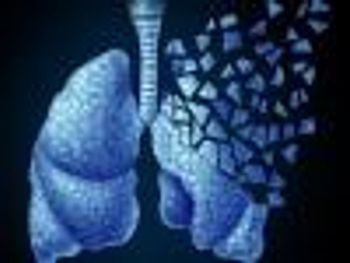
PET scans are not recommended for long-term monitoring of cancer recurrence.

Study finds reducing inflammation carries the added benefit of improving cognition among patients with HIV.

Study suggests low dose chemotherapy that controls tumor growth instead of eradicating the disease may be a more effective long term treatment.
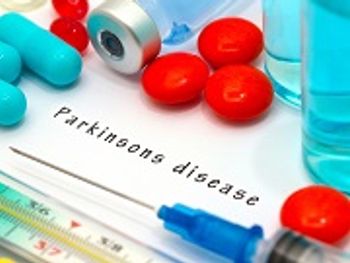
Ambroxol improves the function of a protein associated with Parkinson's disease development.
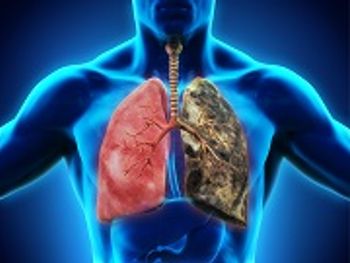
Xalkori gives new option to patients with the rare and difficult to treat ROS-1 gene mutation in NSCLC.
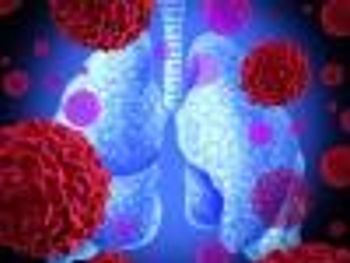
Expanded use of crizotinib treats patients with ROS1-positive metastatic non–small cell lung cancer.

Starting in 2020, a 40% tax will be levied on employer plans in excess of $29,000 for family coverage and $10,700 for individual coverage.

Sarilumab shows superiority to adalimumab treating the signs and symptoms of active rheumatoid arthritis.

Sanofi and Regeneron Pharmaceuticals announce results of phase 3 trial showing efficacy of sarilumab in improving the signs and symptoms of active rheumatoid arthritis.

New proposed plan designs would give first-dollar coverage for all prescription drugs in the silver and gold plans.

The cost of treating pediatric cancer can force higher-income families into poverty.

Harnessing T cells may lead to significant new cancer treatments.

MiRNA is a small non-coding RNA molecule that plays a role in the regulation of gene expression.

Beaming of X-rays at immobilized molecules could lead to new methods to fight HIV and retrovirus-based cancers.
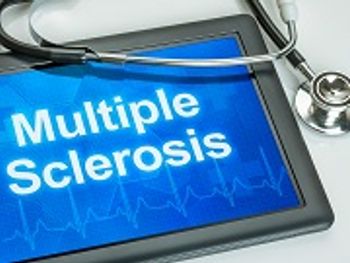
Researchers evaluate fingolimod (Gilenya) in patients with highly active relapsing remitting multiple sclerosis.

Average percentage of covered drugs with coinsurance jumped from 35% in 2014 to 58% in 2016, leading to higher out-of-pocket costs.

Electronic health records and e-prescribing allow for electronic refill submissions to ease the burden on care providers.
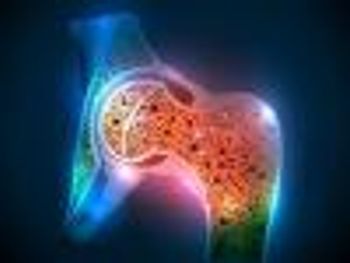
New approach could prevent bone loss induced by antiretroviral therapy in HIV patients.

Obesity carries increased risk for diabetes, cardiovascular disease, and lymphomas.

Cancer drug called nutlins activate the P53 gene to trigger blood cancer cell death instead of temporarily suppressing the disease.

Novel therapy shows promise for conditions such as post-traumatic epilepsy, neuropsychiatric disorders, and post concussive symptoms.

Fixed-ratio combination of basal insulin glargine 1and GLP-1 receptor agonist lixisenatide shpws promise in adults with type 2 diabetes.

Study finds Affordable Care Act marektplace enrollment must grow to keep premiums stable and to remain attractive to insurers.
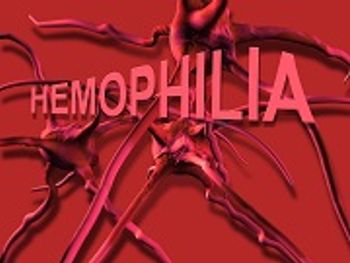
Idelvion offers high level protection for up to 14-day dosing for hemophilia B.

Proposal seeks to evaluate new incentives that drive the most effective drugs to be prescribed with a new payment approach.

Proposal will evaluate different physician and patient incentives that drive the most effective drugs to be prescribed with a new payment model.